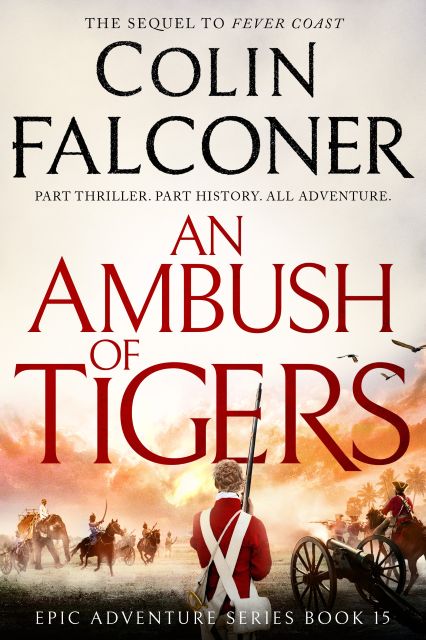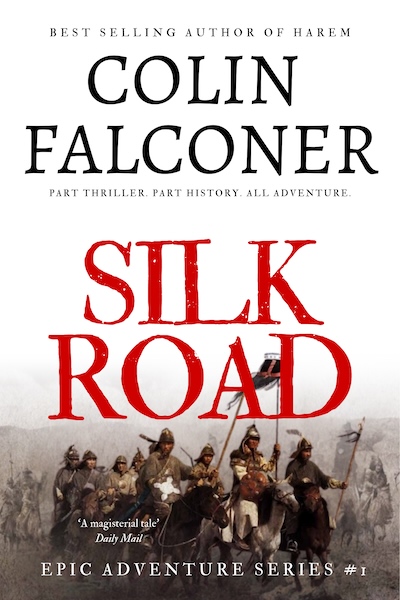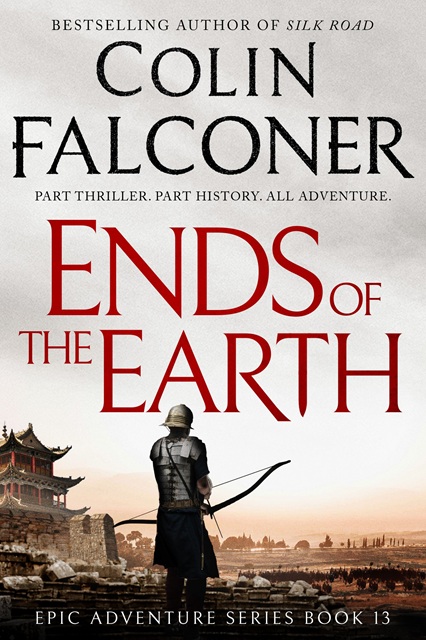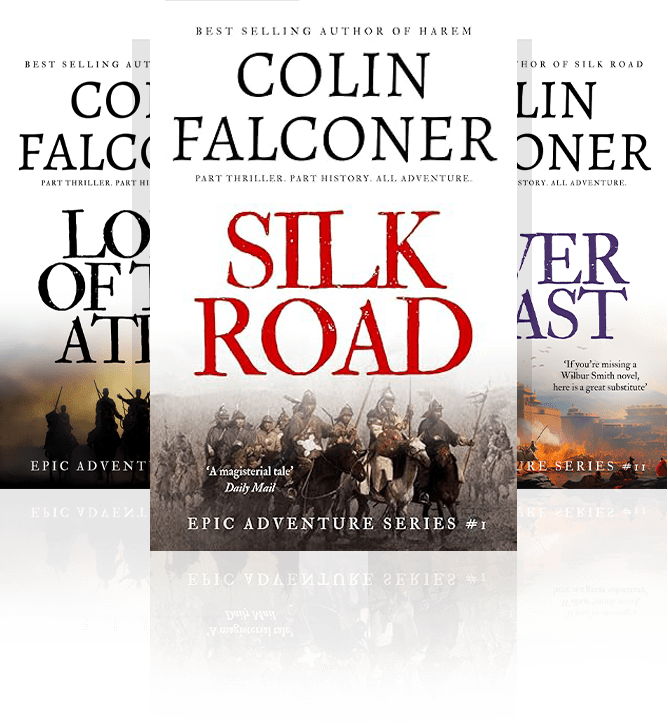In the eighteenth century, if you were a young man high on ambition but low on prospects, the place to be was India. A job with the fledgling British East India Company was the epitome of high-risk, high-reward.
The Company’s poster boy was a man named Robert Clive.
He had begun his career as a ‘writer’ – a grand word for a clerk – in Fort William in Madras. By chance he happened to arrive in the middle of the first Carnatic War. They were dark and desperate days for the Company, and when Clive volunteered for military service, he was quickly accepted. He soon distinguished himself as an ensign in the Company’s private army.
Clive’s innate military skills and ability for political intrigue helped establish the Company as the foremost power in India. He was well rewarded, retiring to Britain with an eye-watering fortune.
Emulating Robert Clive
Young men from genteel families dreamed of emulating Robert Clive. They endured seasickness and miserable conditions on the ships bringing them to India, where they found themselves scribbling figures in a ledger for a few pennies a week.
It wasn’t what they had imagined, but they told themselves they just had to work hard and be patient. They were young and they had time.
Unfortunately, most of them didn’t, because the Company’s mortality rates in India were horrifying. Monsoonal rains brought clouds of mosquitos, and with them, the ‘ague’ – what we now call malaria. In Madras, just one in three men survived a third monsoon season. The average age in the Christian cemetery inside Fort St George was twenty-two.
As a character in Fever Coast said:
‘They say if you last seven years out here, even a writer can make governor because he’ll be the most senior man left.’
So, these young men burned clouds of incense every evening, in a bid to keep the insects away, while they drank hot brandy and listened to the eerie yip of the jackals in the cemetery digging up a fresh grave.
A very few made their fortunes as Clive did. Most of them ended up food for the jackals.
And the British East India Company?
Within a few short years the Company established itself as a major player in the economy and politics of the sub-continent.
It would go on to become the first real multinational corporation in world history, with its own private army. Its shareholders helped themselves to vast profits.
Robert Clive himself would become its most controversial director, his conduct criticised not just by history but by contemporary Georgian society. Parliament put him on trial twice. Though acquitted, he is now widely considered responsible for creating the Great Bengal Famine of 1770 which killed between one and ten million people.
As historian William Dalrymple wrote: Clive instigated ‘a period of unbounded looting and asset stripping’ that soon destabilised an entire continent. Interestingly, the word ‘loot’ comes from a Hindu word – lut. It was introduced into the English language by a Company employee, Captain John Ferguson.
Looting would soon become what the Honourable Company did best. Clive and the pirates of London would go on to plunder the old Mughal Empire under their own version of the Jolly Roger – the red, blue and white of the Union Jack.
FEVER COAST: The East India Company forms the backdrop to my historical adventure thriller, Fever Coast.
🔗 Grab your copy here on Amazon in Kindle ebook, paperback or Kindle Unlimited.








